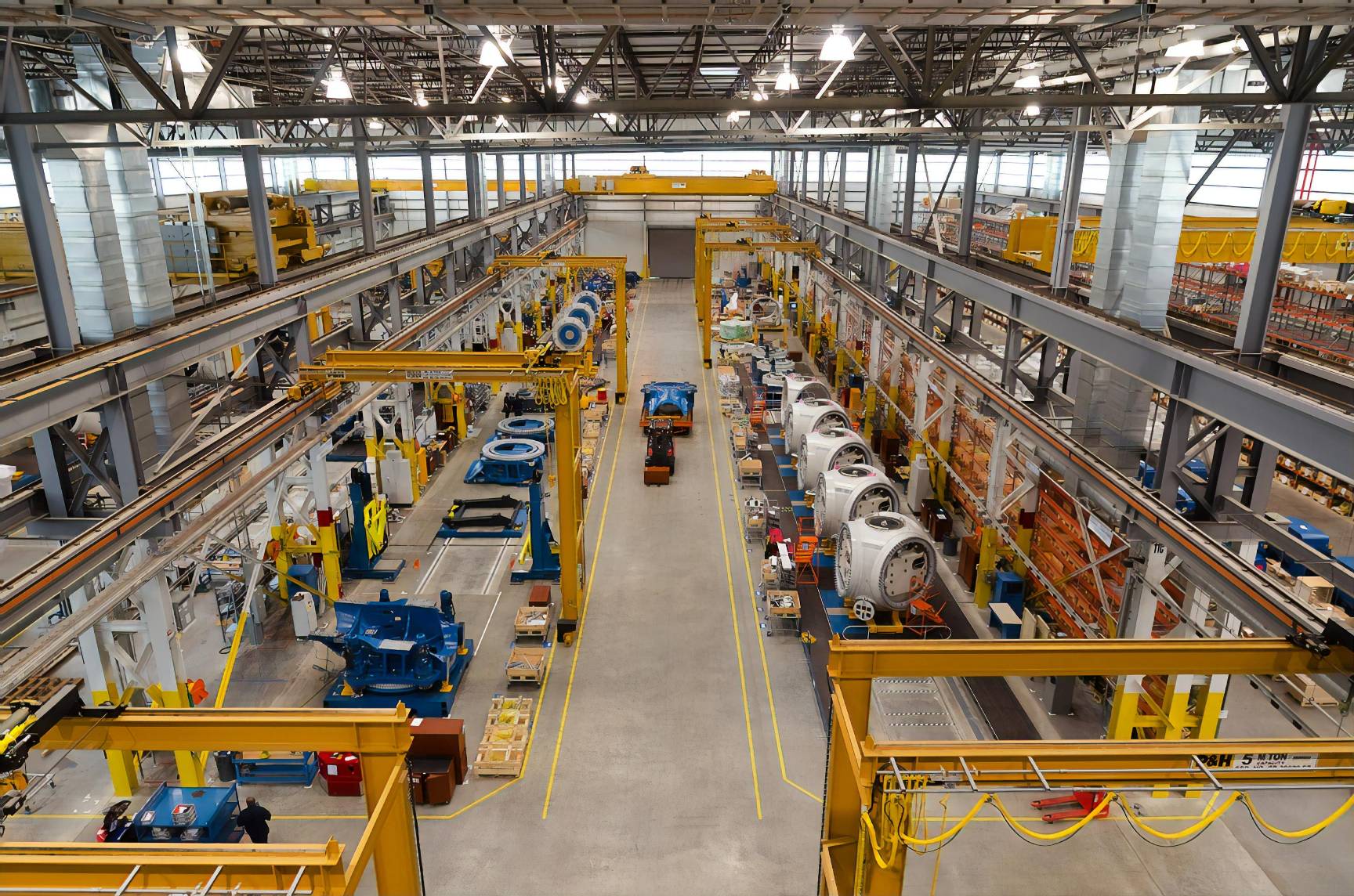Standards experts at QMS International believe manufacturers can do more to dramatically cut their carbon footprint.
With net zero deadlines looming closer, more emphasis is being put on businesses to pull their weight when it comes to cutting their carbon footprint, according to Claire Price of QMS International.
The UK’s commitment to the Paris Agreement means that we have to play our part in limiting the global temperature rise. But to do this, emissions must be halved by 2030 with net zero being achieved no later than 2050.
But this goal is beginning to slip out of our fingers, with the UK set to miss its fourth and fifth carbon budgets. To achieve the sixth, the country will need to cut emissions by a staggering 78%.
Action from the business world is key to this, especially in high-emission sectors, such as construction, manufacturing and transport. These actions can be taken in the short term with considerable benefits, whilst companies also implement medium term strategies based on established standards.
One key medium-term action is developing a system designed to monitor, measure and improve environmental management. Systems such as ISO 14001, the international Standard for environmental management, can help to put this structure in place.
“ISO 14001 helps organisation to consider all aspects, risks and impacts of their environmental performance and to plan strategically,” explained Chris Tuffrey, Regional Manager for QMS International. “Ultimately, ISO 14001 can lead to cost savings as well as a demonstrable commitment to managing environmental risk.”
With greater monitoring and measurement processes, it can be easier to spot opportunities to reduce waste, for instance. Other medium-term shifts could include building up a new supply chain of more local suppliers or replacing equipment and vehicles with greener alternatives. For instance, the All-Party commission reported that the electric motors found in industrial equipment account for 65% of industrial energy use worldwide, which could easily be reduced with ones that have variable speed drives.
“Although such actions require more time and investment, they are key to long-term success and are absolutely necessary when it comes to winning the race to net zero,” concludes Price.

